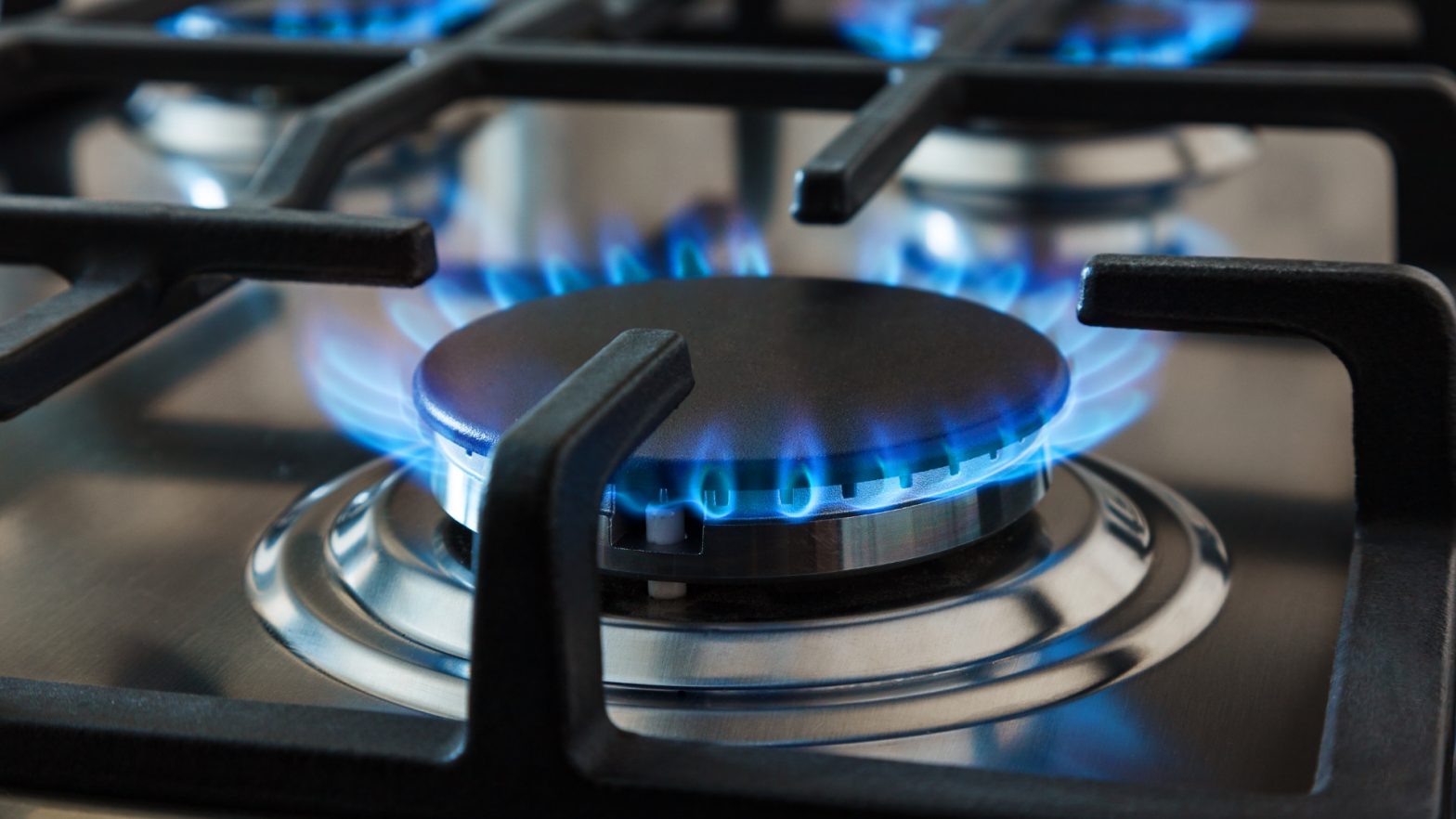 - minute read
- minute read

With the news that the price cap is expected to be raised by approximately 51%, it’s left us all wondering the same thing. What’s the difference between variable vs fixed rate energy and which is the best option for saving money.
That’s why we’re here to break down the different types of energy tariffs and give you all the information you need to make an informed decision.
The first step to deciding between variable energy vs fixed rate energy is understanding the difference between the two.
A fixed energy rate is exactly what it says it is. It fixes the price you pay for gas and electricity for a set amount of time.
Energy suppliers tend to offer fixed deals that can last anywhere from twelve to twenty four months. Fixed rates are based on the price of energy per unit. Units of electricity are measured in kilowatt hours (kWh’s) and one unit of electricity is equal to one kilowatt hour (kWh) of electricity used. Your electricity supplier will charge an amount in pence for each unit (or kWh) of electricity used. You are also charged a small fixed daily rate known as the standing charge. The standing charge is the supplier’s fee for providing you with energy.
For a more in depth explanation of how to read your energy bill, check out our article here.
Unfortunately, fixed deals don’t offer assured protection from the increasing energy costs. Suppliers are likely to raise the prices on their fixed tariffs too. Fixed rates might only apply to the price of energy per unit. If the supplier’s standing charge goes up, your bill will too.
When it comes down to the question of variable vs fixed rate energy in light of the energy price cap, a lot of the advice is steering people away from a variable tariff.
A variable energy tariff is where your per-unit gas and electricity costs can vary at the discretion of your supplier.
Variable rate deals tend to be more flexible and you can normally get out of a variable rate contract without incurring any fees. Whilst the overall cost of a variable tariff may be cheaper in the short term, you need to consider how much energy you’ll be using in the colder months.
If the debate around variable energy vs fixed rate energy is making you concerned about how much your bills are going to cost, here are some easy ways to reduce your gas and electric bill.
Ofgem maintains an energy price cap which they review regularly. (Ofgem means ‘The Office of Gas and Electricity Markets.’ It’s the government regulator for the electricity and downstream natural gas markets in Great Britain.)
The energy price cap sets a limit on the maximum amount that suppliers can charge for each unit of gas and electricity you use. It also sets a maximum daily standing charge for customers on a standard variable tariff. Ofgem also sets the price cap for summer and winter based on the wholesale energy cost.
The next energy price cap kicks in this October, with an estimated 51% rise for energy bills. This is what has reignited the variable vs fixed rate energy debate, as people try to decide which tariff will be the most affordable option.
Although the majority of households will get a £400 energy grant in October to help ease the pressure, it does still mean that energy prices will have more than doubled in just one year.
Keep reading for all the pros and cons of a variable vs fixed rate energy tariff in the light of the October energy price cap.
With all the different factors considered, the debate of variable vs fixed rate energy ultimately boils down to whether or not the price increase figure changes. Experts are suggesting that based on the current predictions for the October price hike, if you find a fixed deal that is up to thirty five percent more than what you currently pay, it might be worth considering it.
However, prices remain volatile and the exact price increase is still unknown, so this figure may change.
Whilst there isn’t a clear answer, there are steps you can take to try and reduce your energy bill. Here we’ve compiled a list of the best energy saving gadgets for reducing your bills.
Moving house and still need to set up your bills? We can help with this too – we set up and split utilities for you. Get a free quote for your utilities here.



All your utility bills in one monthly payment, split between housemates
Get a quote


All your utility bills in one monthly payment, split between housemates
Get a quoteFinding his article helpful? We’ve got plenty more helpful articles on there way. Join our Savvy Sunday mailing list